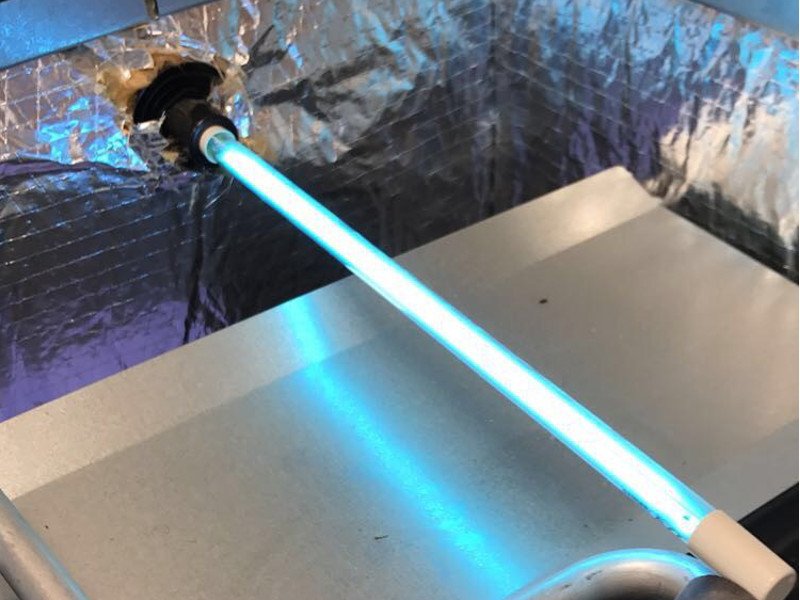Indoor air quality is a critical aspect of ensuring the health and well-being of individuals in their homes. The quality of the air we breathe indoors can have a significant impact on our overall health, and this is especially true for individuals who spend the majority of their time indoors, such as the elderly, children, and individuals with respiratory issues. Poor indoor air quality can lead to a range of health problems, including asthma, allergies, respiratory infections, and even more serious conditions such as lung cancer.
One of the main contributors to poor indoor air quality is indoor pollutants. These pollutants can come from a variety of sources, including household cleaning products, paints, carpets, and even the furniture we use. In addition, outdoor pollutants such as pollen and exhaust fumes can also make their way indoors and affect the air quality inside the home. Poor ventilation can also contribute to poor indoor air quality, as it allows pollutants to accumulate and circulate throughout the home.
 To improve indoor air quality, it is essential to identify and address the sources of indoor pollutants. This can involve choosing household products that are low in volatile organic compounds (VOCs) and avoiding products that contain harsh chemicals. In addition, it is important to maintain good ventilation by opening windows, using exhaust fans, and ensuring that air conditioning and heating systems are properly maintained.
To improve indoor air quality, it is essential to identify and address the sources of indoor pollutants. This can involve choosing household products that are low in volatile organic compounds (VOCs) and avoiding products that contain harsh chemicals. In addition, it is important to maintain good ventilation by opening windows, using exhaust fans, and ensuring that air conditioning and heating systems are properly maintained.
One of the most effective ways to improve indoor air quality is by using air purifiers. Air purifiers can help to remove pollutants such as dust, pollen, and smoke from the air, making the air cleaner and healthier to breathe. There are many different types of air purifiers available, including those that use HEPA filters, activated carbon filters, or ultraviolet light to purify the air.
Another important aspect of indoor air quality is humidity. Humidity levels that are too high or too low can contribute to a range of health problems, including respiratory issues, skin irritation, and allergies. To maintain healthy humidity levels, it is important to use a humidifier or dehumidifier as needed, especially during the winter months when indoor heating can lead to dry air.
In addition to the health benefits, there are many other reasons why indoor air quality is important. Poor indoor air quality can lead to unpleasant odors, mold growth, and damage to furniture and other household items. It can also affect the energy efficiency of a home, as air pollutants can clog air filters and cause heating and cooling systems to work harder than necessary.
Overall, maintaining good indoor air quality is essential for ensuring the health and well-being of individuals in their homes. By identifying and addressing the sources of indoor pollutants, maintaining good ventilation, and using air purifiers and humidity control devices as needed, it is possible to create a healthy and comfortable indoor environment that promotes good health and overall quality of life.
To get a free estimate, call us today at (508) 737-5751.
